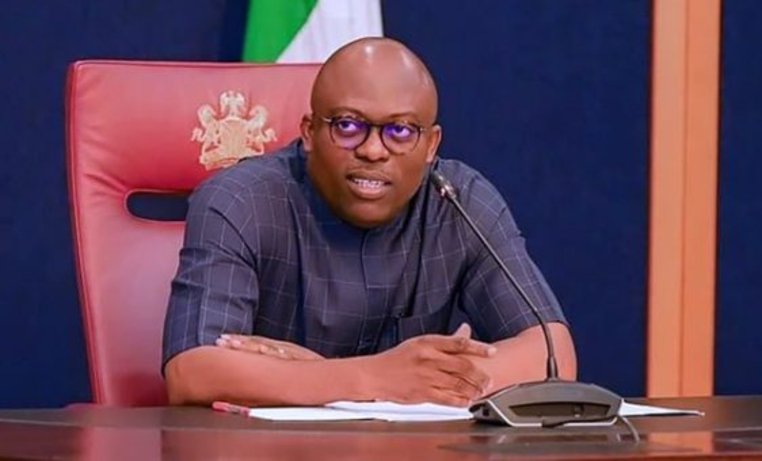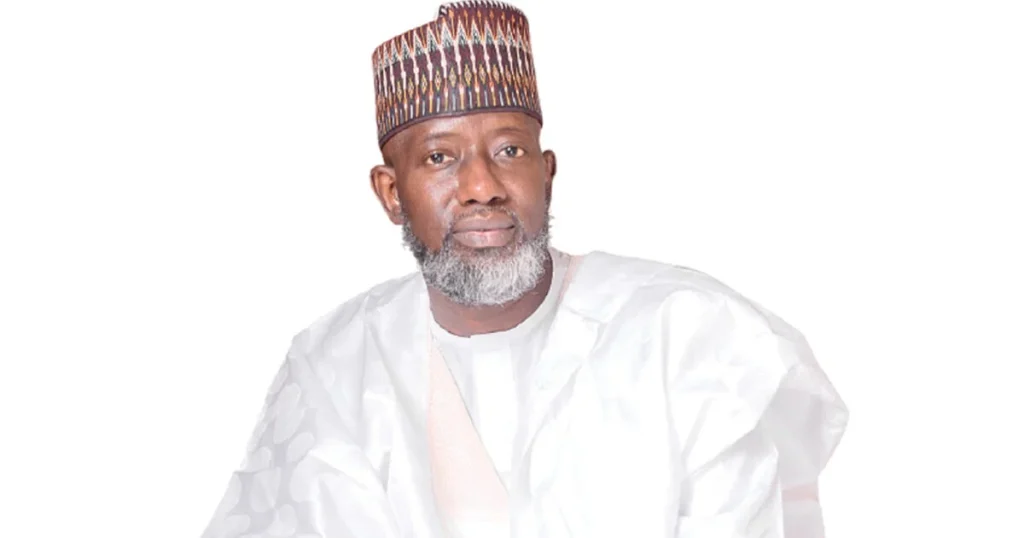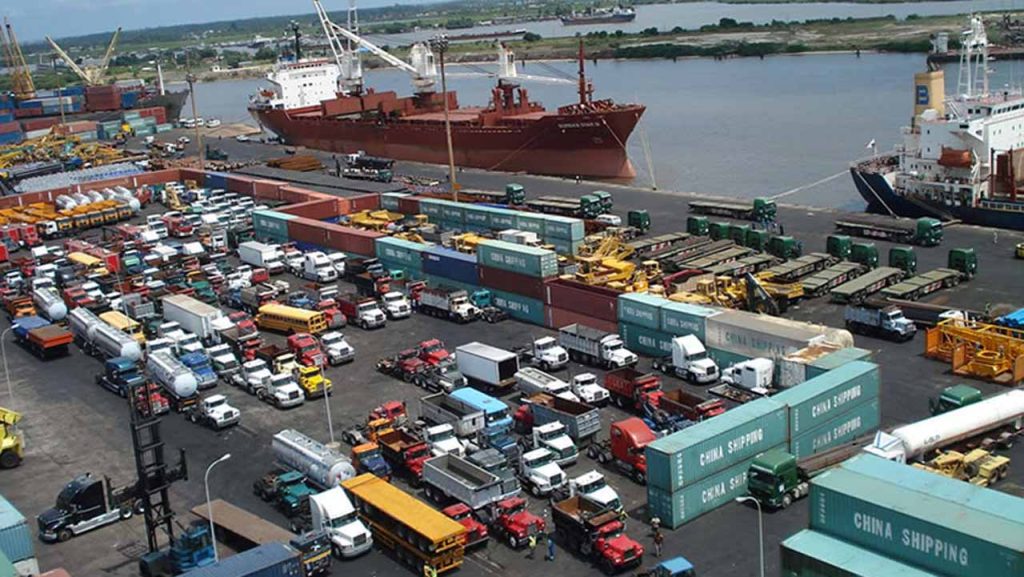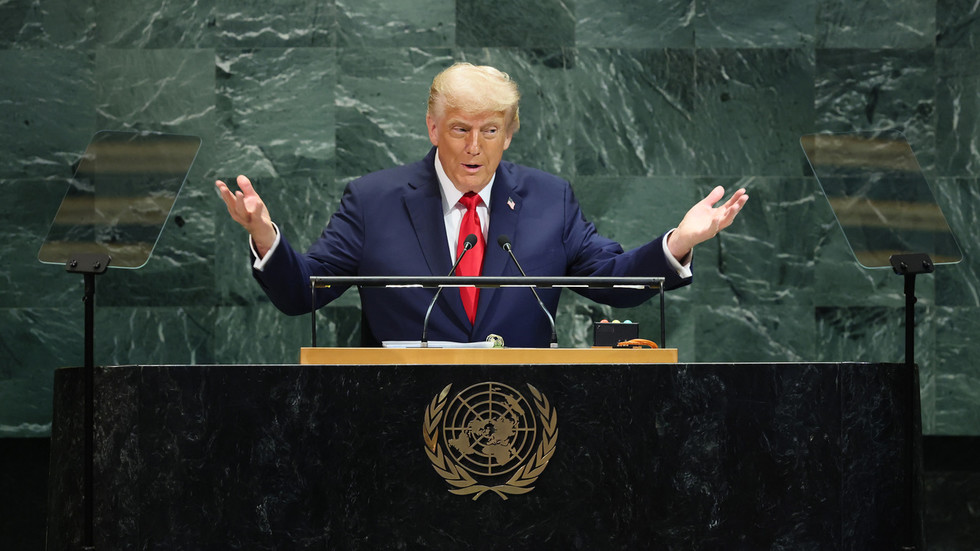A Federal High Court in Port Harcourt is set to hear a case challenging the legitimacy of the Rivers State local government elections held on August 30, 2025. The suit, filed by lawyer Clifford Nnanta Chuku on September 11, 2025, alleges that President Bola Tinubu’s introduction of the Emergency Powers Regulation to guide the elections was unconstitutional.
The regulation in question suspended parts of the Electoral Act 2022 and Rivers State electoral laws, prompting Chuku to argue that it undermined democracy and violated the constitution. The lawyer claims that the President’s decision to suspend parts of the law for the Rivers elections was an overreach of his powers. The suit lists Tinubu, the Federal Government, the Attorney General of the Federation, the Independent National Electoral Commission (INEC), and the Rivers State Independent Electoral Commission (RSIEC) as defendants.
At the heart of the case are two key issues: whether the regulation illegally restricted the democratic rights of Rivers people, and whether RSIEC’s notice for the election met the required legal timelines. Chuku is seeking a court order to strike down the regulation, void the August 30 polls, and compel RSIEC to conduct fresh elections in full compliance with the Electoral Act.
The Federal High Court has scheduled a hearing for October 21, 2025. Legal analysts believe that the outcome of this case could have significant implications for the limits of presidential powers in election matters. The case highlights the ongoing debate about the balance of power between the executive and legislative branches of government in Nigeria.
The Rivers State local government elections have been a subject of controversy, with some stakeholders raising concerns about the integrity of the process. The introduction of the Emergency Powers Regulation by President Tinubu has been seen by some as an attempt to influence the outcome of the elections. The court’s decision in this case is expected to provide clarity on the legality of such actions and their impact on the democratic process.
As the case progresses, it is likely to attract attention from election observers, civil society organizations, and the international community. The outcome of the case will be closely watched, as it has the potential to shape the trajectory of electoral reforms in Nigeria and beyond.



